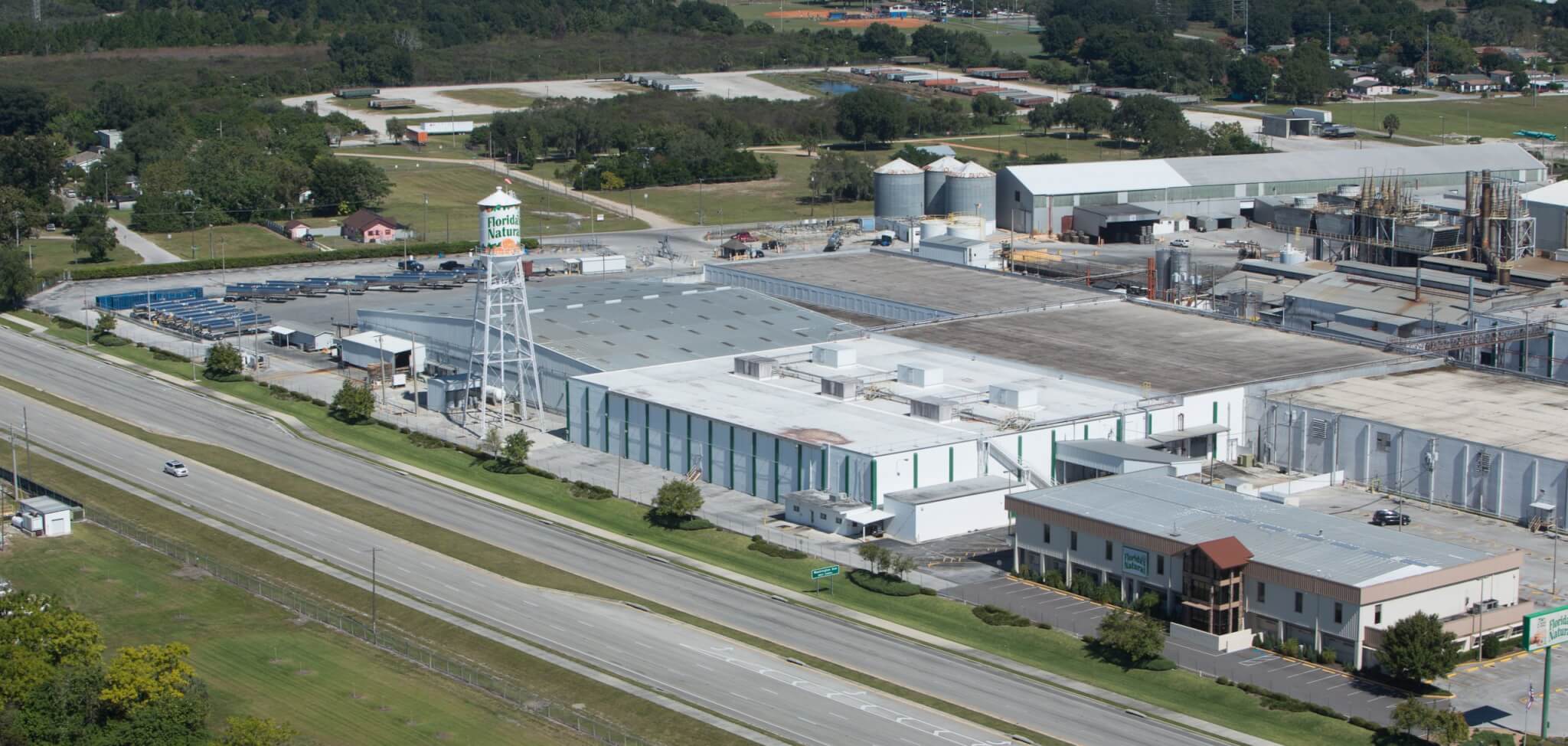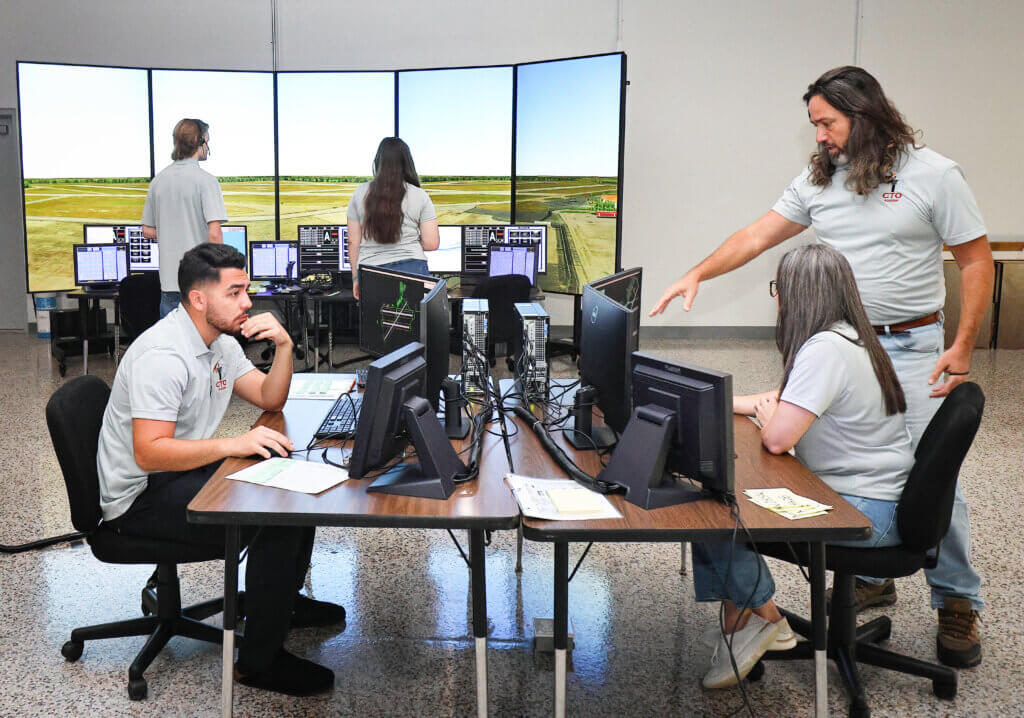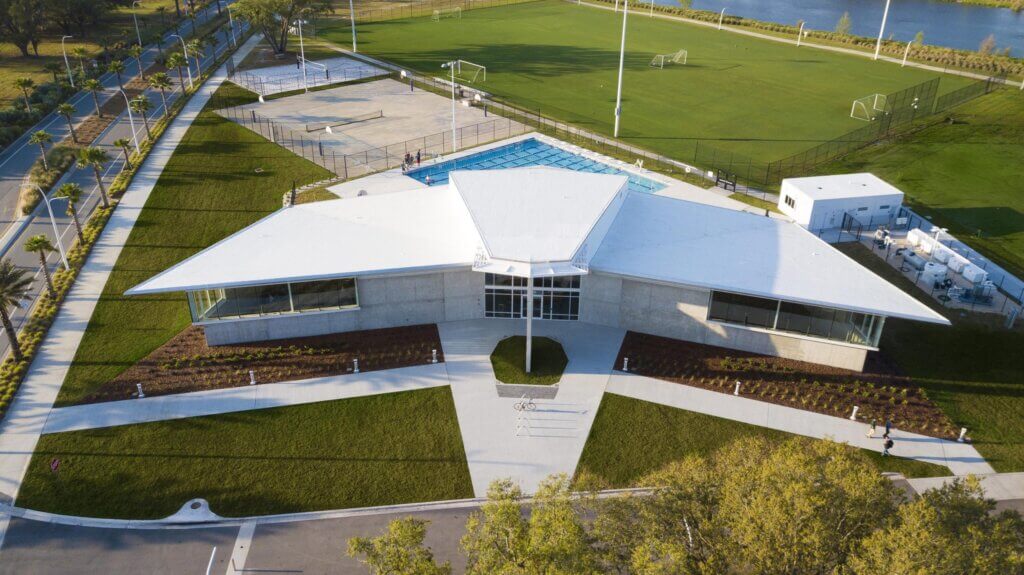Duke Energy’s Site Selection Program Attracts Industry, Adding Jobs
You may think of Duke Energy as just that, an electric company, but Duke’s three pillars — site readiness, business recruitment and economic development — show the company’s reach and willingness to help attract high-skill, high-wage jobs to the six states in which it operates.
“We share our electrical expertise with our partners, we respond with data and project management expertise, and we help close deals,” said Danielle Ruiz, the company’s senior manager of economic development.
For 15 years, Duke has been named one of Site Selection Magazine’s top Utility Companies for Economic Development. Marc Hoenstine, Duke’s director of economic development in Florida, explains why it’s such an important part of what the company does, especially in Polk County, where businesses often look to expand.
“Companies often have very short timelines. They need to find land quickly. When they do a search, either you have something or you don’t,” Hoenstine said. “Now is the time to develop sites that will be competitive for the next project that comes along.”
The company uses its Site Readiness Program to identify, assess, improve and increase the awareness of sites in Florida, South Carolina, North Carolina, Ohio, Kentucky and Indiana to determine the infrastructure, natural gas, water, sewer, electric in place so a company can begin to build almost immediately.
Duke works with the Central Florida Development Council to find tracts, contact landowners and do research, said Hoenstine and Jennifer Taylor, the CFDC’s vice president of business development. The company has given the CFDC a grant to partner in the endeavor, which so far has led to preparing four sites in Polk County, one each in Haines City, Fort Meade, Lake Wales and Frostproof, with more on the horizon.
“When you have to get water, sewer and natural gas to a site, that takes time,” Taylor said. “Duke’s program makes Polk County and Florida more competitive. They identify some sites that have potential, rail, gas, certain infrastructure features, and put them through a process, identifying impediments that may not allow that site to be a site-ready project.”
Most companies looking for land have already done market research and have an idea where they want to build, looking at things like transportation, energy and the workforce, Hoenstine said.
“What they don’t know is: Is there a good site in this community? Physically, where would we locate? Could we be near this university, town center or transportation infrastructure?” he said. “We do all that in advance, so our client doesn’t lose any momentum on their project.”
Site Selection
Following a merger with Progress Energy in 2012, Duke introduced their highly successful Site Readiness Program in Florida in 2013. Since then, the Florida team has evaluated 32 properties and attracted four projects – two in Leesburg, one in Brooksville and, most recently, an Amazon distribution center in Deltona.
The process works like this:
- Duke works with the CFDC to find land, talking to a landowner who might become part of the process “There’s no risk to the landowner; they’ll gain more information and guidance – no contract required,” Hoenstine said.
- Using a Duke Foundation grant, a consultant is hired to do an analysis of what a site has to offer and what challenges it might face, Taylor said. “The grant allows us to get sites ready for industrial growth.”
- Working with the CFDC, Duke hires a site selection consulting firm (which 80 percent of their job is to find the right site for large companies) to provide the landowners with information so they can develop their property to attract the right industry. Duke also hires an engineering firm to do a desktop analysis to help create a buildable area plan and a conceptual plan, showing possible buildings on the site. “Some landowners want to leave a legacy for their community. This program gives them great recommendations, a draft plan to develop their site and a conceptual plan.”
- Duke invests. Last year, it started a new Advancing Sites program to provide money for studies related to environmental, transportation, wetland mitigation and other aspects of the site. “We get those so you can say: ‘We’re prepared, and we’ve covered our bases here,’” Hoenstine said. “We are trying to jumpstart development by infusing some capital into the sites.”
“It all goes back to: ‘How can we reduce risk in the clients’ mind?’” Hoenstine said. “We know they are looking at a number of different sites, maybe throughout the nation.”
In addition to adding jobs to the local economy, new and expanded businesses make capital investments and contribute to the tax base. And most manufacturers pay more in taxes than they receive in benefits, unlike the average resident.
The company tries to recruit manufacturers or industries that make a strong economic impact on the community, Ruiz said. Those are the ones that bring in large numbers of jobs, including higher-wage opportunities.
In Polk, Duke presented its Frostproof Site Readiness property among others in the program to Nucor Steel Florida. Although Nucor purchased other land nearby, its presence could help attract other industries to the rural area of southeastern Polk County, she said. It spurred Duke to conduct a Site Readiness analysis on a tract in nearby Avon Park.
“Polk is a unique area,” Ruiz said. “Being in Central Florida, it’s a well-positioned county geographically. It is very diverse, very urbanized but has a bit of a rural, secluded nature as well in the southern region. All while having direct access to rail, the interstates.”
Taylor appreciates the efforts Duke puts into presenting Polk County as a premier place for industries to locate.
“They’re on fire,” she said. “They put a lot of effort into the economic development component.”
Growth is happening all across Polk County, for additional information about this topic or how to become a partner with the Central Florida Development Council, please contact Lindsay Zimmerman at lindsay@cfdc.org.



